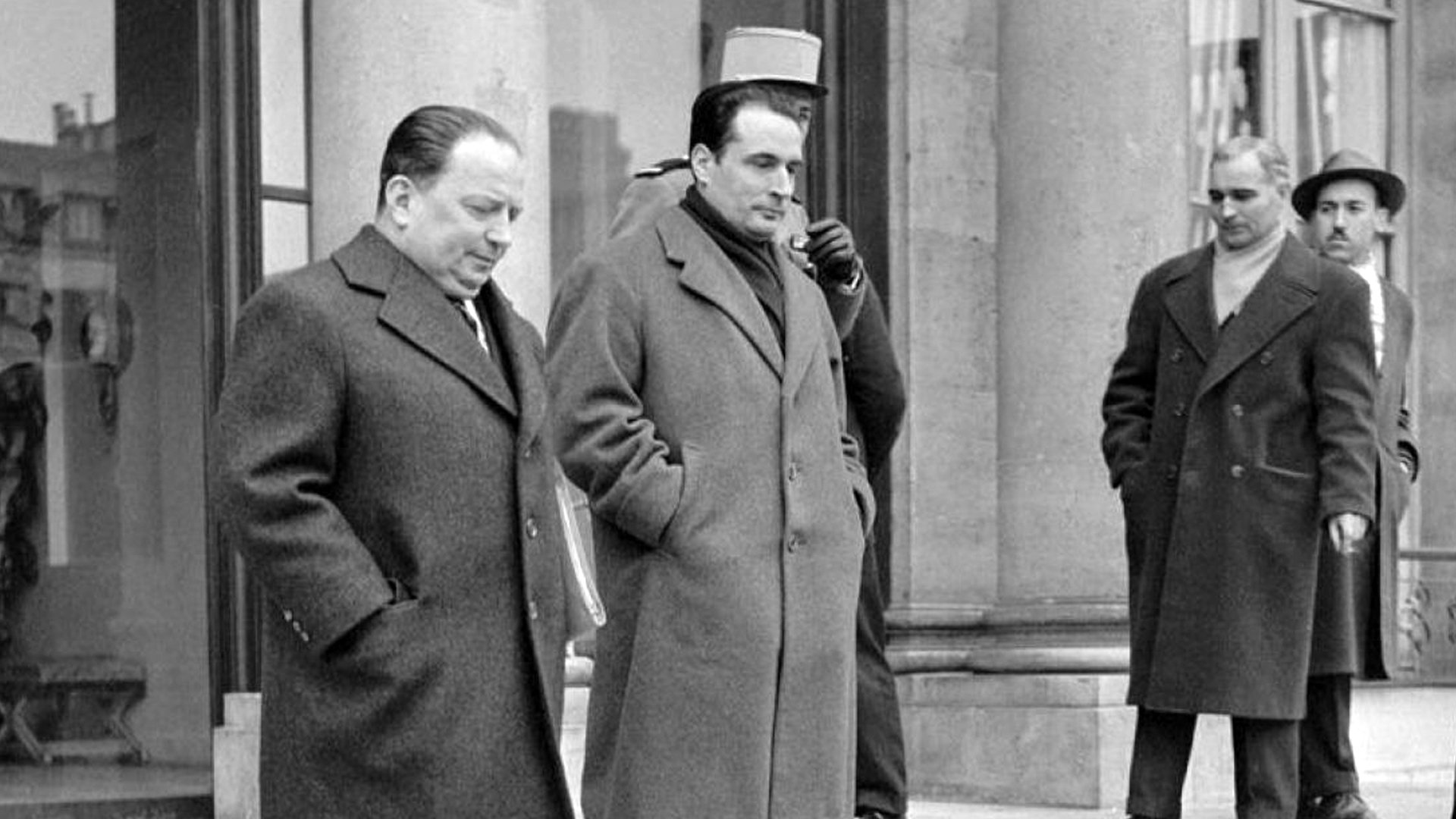
Cast & Crew
7 members
Acting
François Mitterrand
Self (archive footage)
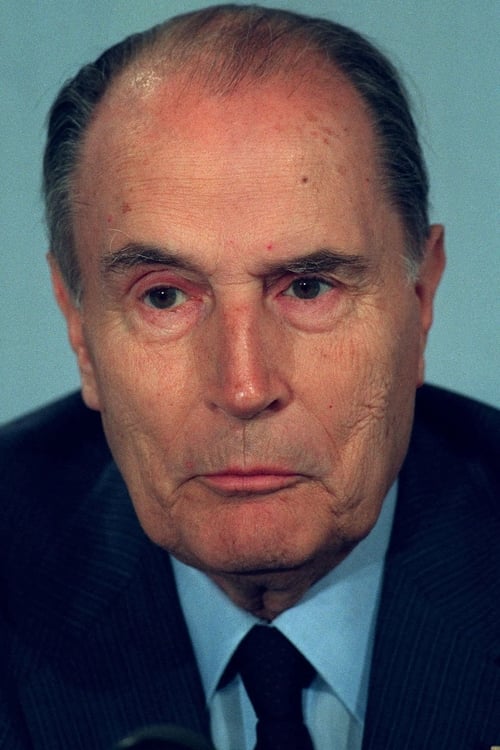
Acting
Louisette Ighilahriz
Self

Acting
Gisèle Halimi
Self
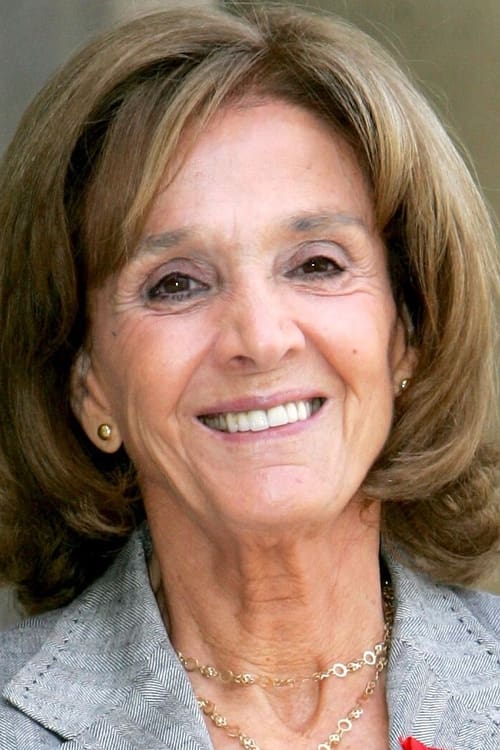
Acting
Robert Badinter
Self
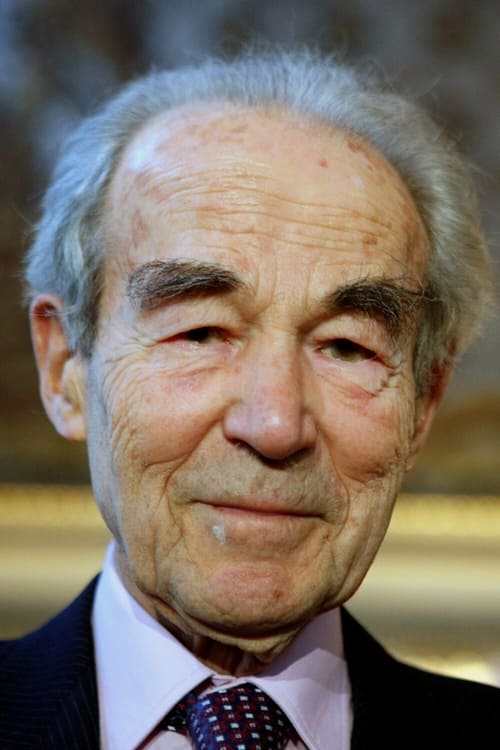
Acting
Roland Dumas
Self
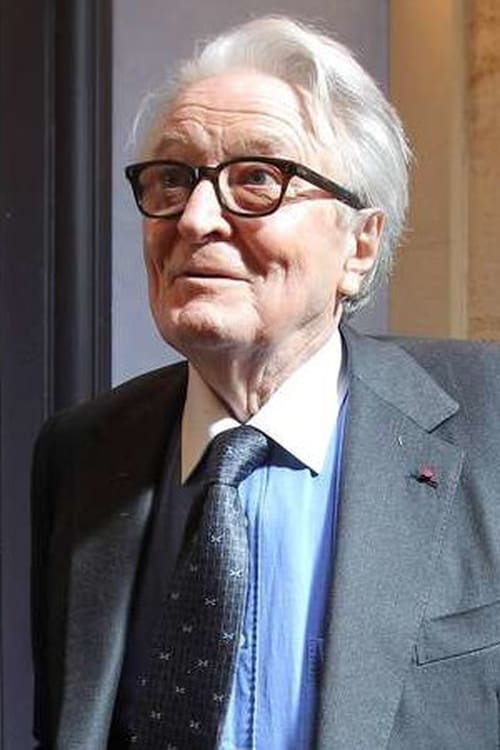
Acting
André Rousselet
Self
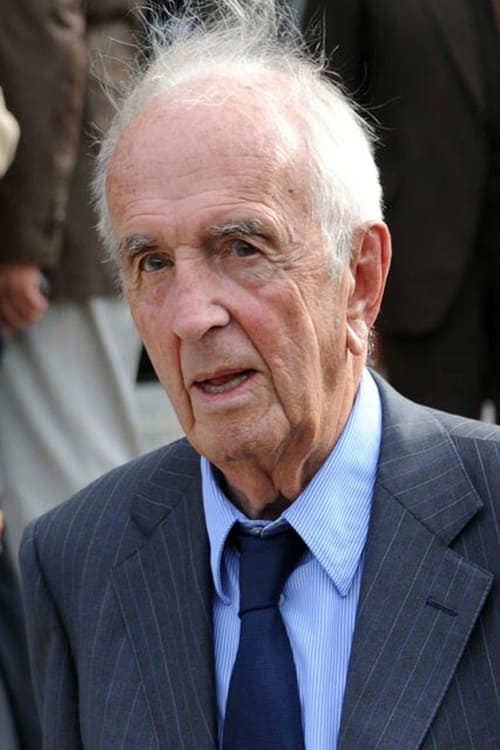
Acting
Franz-Olivier Giesbert
Self


Self (archive footage)

Self

Self

Self

Self

Self

Self
